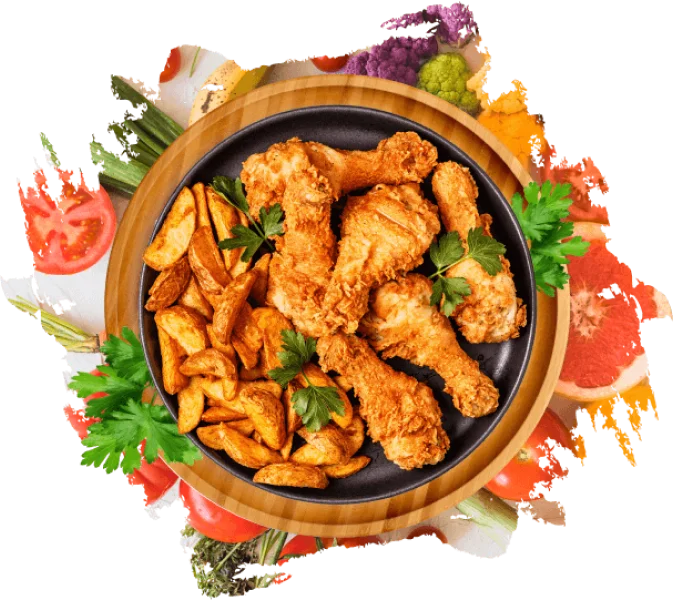Hilal's Kitchen
About Us

The History Of Turkish Cuisine
The history of Turkish cuisine is a reflection of the rich cultural and historical influences that have shaped the region over thousands of years. It has been influenced by a wide range of civilizations, including the Central Asian nomads, Persians, Greeks, Romans, Byzantines, Arabs, Ottomans, and more. This diverse heritage has contributed to the unique and varied flavors that characterize Turkish cuisine today.
Ancient Civilizations: The origins of Turkish cuisine can be traced back to the ancient civilizations that inhabited the Anatolian Peninsula, including the Hittites, Phrygians, and Lydians. These civilizations introduced the use of grains like barley and wheat, as well as dairy products such as yogurt and cheese, which are still integral to Turkish cuisine.
Central Asian Nomads: The Turkic people, who migrated from Central Asia to Anatolia in the Middle Ages, brought with them culinary traditions that emphasized meat, particularly lamb and mutton. The concept of kebabs and grilling meat on skewers is believed to have originated from these nomadic traditions.
Byzantine and Roman Influence: With the Byzantine Empire’s presence in Anatolia, there was an exchange of culinary techniques and ingredients. Foods like olive oil, wine, and various fruits and vegetables were introduced and integrated into Turkish cuisine.
Arab and Persian Influence: The Arab and Persian influences brought a variety of spices, nuts, and dried fruits to the region. These ingredients were incorporated into Turkish dishes, adding depth and complexity to flavors.


Seljuk and Ottoman Eras: The Seljuk Turks and later the Ottoman Empire had a significant impact on shaping Turkish cuisine. The Ottoman Empire, in particular, played a crucial role in the development and refinement of Turkish culinary traditions. The Ottomans established a vast empire that encompassed a diverse range of cultures, leading to a fusion of flavors and cooking techniques.
Culinary Innovation: During the Ottoman era, culinary innovation was encouraged in the imperial kitchens, leading to the creation of elaborate dishes like pilafs, stuffed vegetables (dolma), and intricate desserts such as baklava and Turkish delight. The Ottoman sultans’ fondness for luxurious and diverse cuisine further enriched the culinary landscape.
Modernization and Globalization: In the early 20th century, Turkey underwent significant social and cultural changes under Mustafa Kemal Atatürk’s leadership. Modernization efforts, including changes in clothing and language, also impacted culinary traditions. Traditional Turkish cuisine continued to evolve with influences from Western cooking methods and ingredients.
Culinary Tourism: In recent years, Turkish cuisine has gained international recognition and popularity. Turkish restaurants and dishes can be found in various parts of the world, attracting tourists and food enthusiasts alike. Turkish chefs have also garnered attention for their creative interpretations of traditional dishes.
Overall, Turkish cuisine’s history is a testament to the country’s diverse cultural heritage and its ability to adapt and evolve over time while retaining its unique identity. The combination of ancient Anatolian ingredients, Central Asian influences, Middle Eastern flavors, and Ottoman culinary excellence has resulted in a rich and vibrant culinary tapestry that continues to delight palates around the world.

Eat and enjoy in our
restaurant
Why choose us
Why We’re Your Best Choice

Hygienic Food

Fresh Environment

Skilled Chefs

